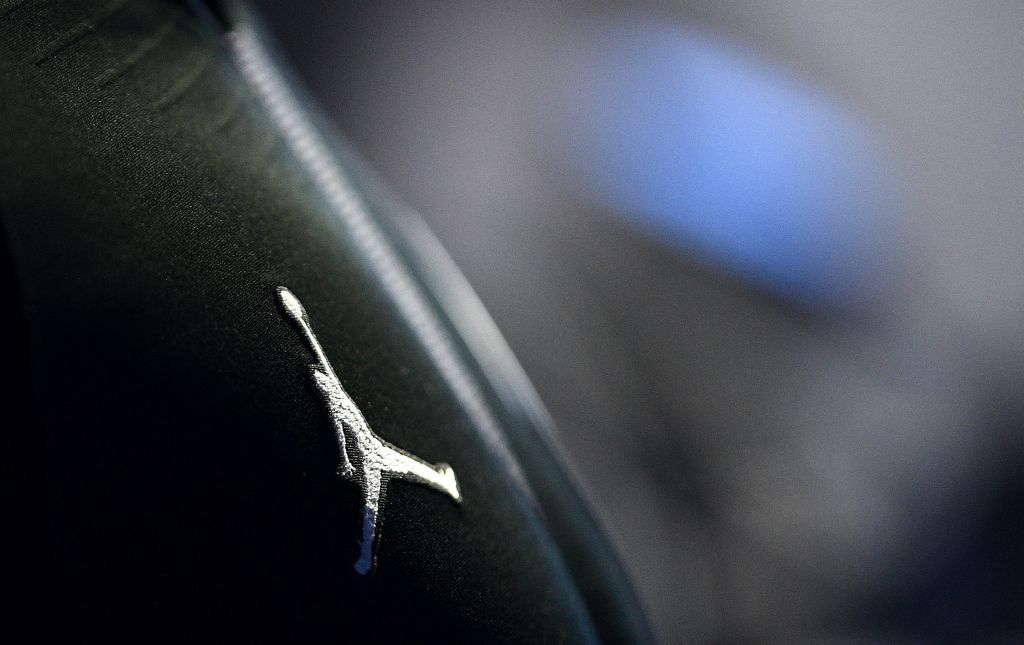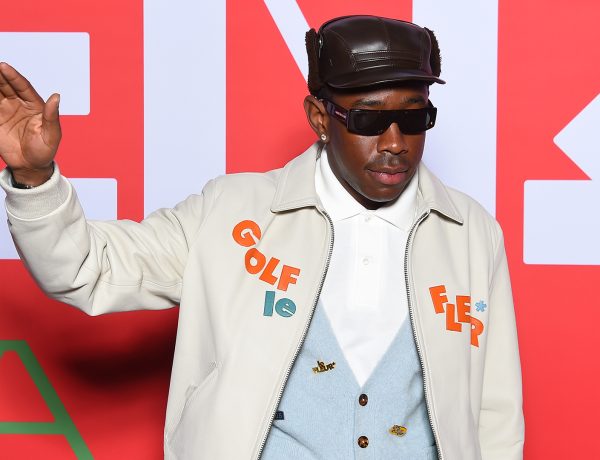What was supposed to be a big moment in one photographer’s life has turned into a tale of survivor’s remorse after he claims that Nike tricked him out of credit for a photo he captured of Michael Jordan that would go on to become the logo for the company’s Jordan Brand.
In a new short documentary, “Jumpman,” Jacobus “Co” Rentmeester accuses the leading athletic company of copying his work to create the Jordan Brand logo that has graced a plethora of sneakers and clothing products for decades. Originally shot during a photo shoot commissioned by Life magazine for the 1984 U.S. Olympic team, Jordan was instructed to perform a grand jeté, which is “a classical ballet move where a dancer jumps and spreads their legs wide,” Fortune magazine reports.
Today, the Jordan Brand is worth $6 billion. However, Rentmeester’s disdain comes from what he believes was negligence on Nike’s part to properly credit and compensate him for the role his photo may have played in inspiring the logo.
“There is a certain brutality by major corporations,” Rentmeester told Fortune. “They just acquire what they think they need—that’s fine—but then they don’t want to accept the sharing of the creative process. They just want to take it and drop the rest in the garbage.”
At this time, Nike has not responded to the outlet’s request for comment.
Conducting the 1984 photo shoot, Renmeester, now 88, was no stranger to the Olympics and its athletes as he represented Holland as a rower during the games held in Rome in 1960. He did observe that there was something slightly odd about the shoot request in comparison to other spreads he’d led.
“I was asked to do a photo essay of athletes in outstanding situations,” he previously told Adweek of his assignment.
Rather than using a basketball court, which would have been considered Jordan’s comfort area in his heyday, Rentmeester decided to photograph him outdoors using nature’s blue sky as his backdrop. The goal was to “capture Jordan’s athleticism as if it were flight,” per Fortune. Rentmeester added, “a person in the air without gravity in the frame.”
Rentmeester claims that image was later used to guide a Nike-commissioned shoot with photographer Chuck Kuhn and Jordan set in a similar pose. The problem was that when the Nike art directors originally reached out for copies of his images ahead of the shoot, paying him $150 for them, they promised to credit him for his work with the agreement that his images would also not be copied or duplicated.
“They ignored that, obviously,” said Rentmeester, who threatened to sue the company. “…In my mind, it was completely a fraud case. They had snookered me.”
Though he gave in, in 1985 Rentmeester agreed to receive a payment of $15,000 for a two-year license so that Nike could use the photo across North America during that time period. The contract expired 37 years ago and was never renewed, according to the outlet. However, Rentmeester’s photo is still seen all over the world.
“They kept using it all these years without coming back to me,” he recalled.
Although Rentmeester proceeded with legal action in 2015, the court did not sway in his favor. He didn’t receive the jury trial that he was hoping for, and a judge ruled that the photographs were “different enough to have been separate works.” An appeal filed by the photographer was also denied.
“I felt very restricted because as a single individual taking on the law firms that Nike could produce, there seemed like very little chance that I would go far,” Rentmeester said. “They simply ignored me because they felt they were powerful enough to just throw me under the bus in a certain way.”
He added that had there been a level of good faith shown toward him by Nike, such as offering him the chance to take the later photos, there would not have been the lasting resentment and legal actions.





